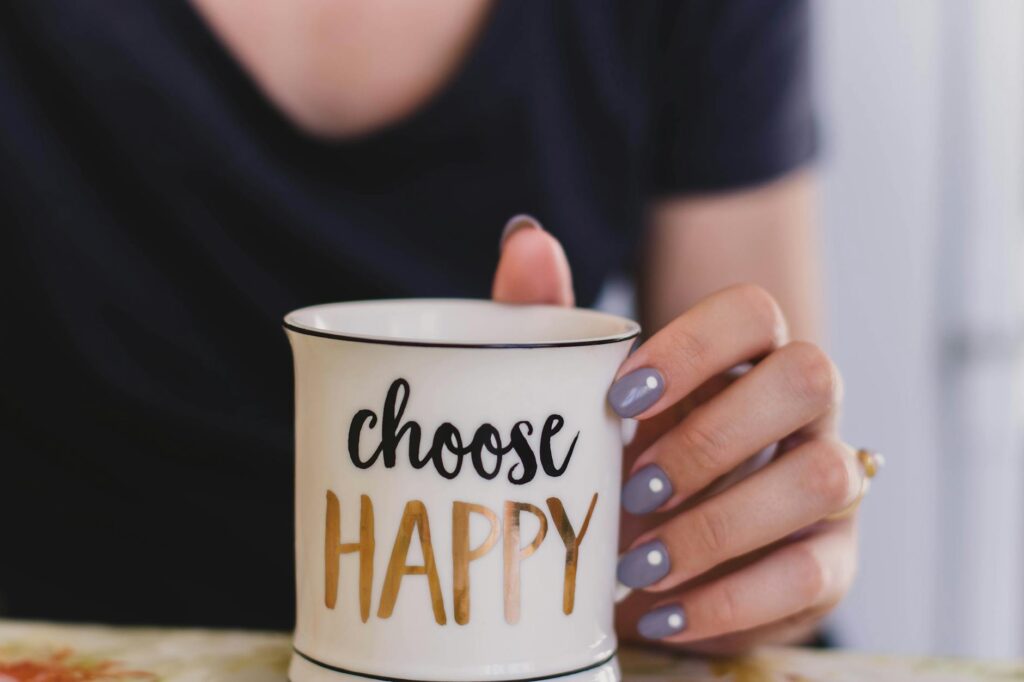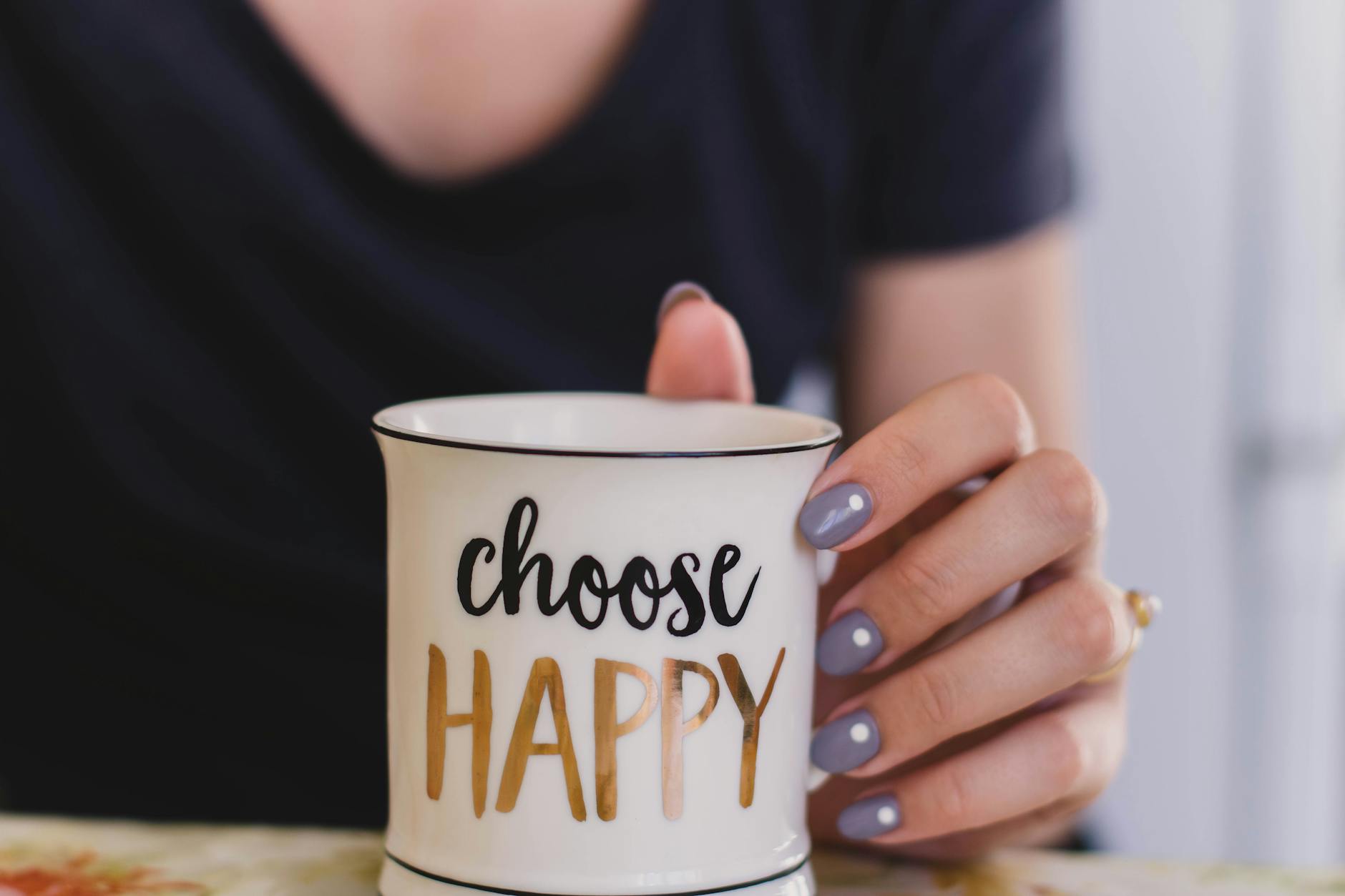What is intentional routines?

What is intentional routines?
Intentional routines are more than just a series of tasks we do each day; they embody a purposeful approach to life where every action is aligned with our personal goals and values. By creating intentional routines, we can enhance productivity and achieve our aspirations more effectively. Let’s explore this concept in detail.
Understanding Intentional Routines
Definition of Intentional Routines
Intentional routines refer to the deliberate and conscious choices we make regarding how we structure our daily activities. Unlike mindless habits, these routines require forethought and planning. They serve to channel our energy and time toward meaningful outcomes rather than letting life dictate our actions. This approach extends beyond daily chores; it encompasses how we choose to engage with our lives and the goals we set for ourselves.
Difference Between Intentional and Habitual Routines
While habitual routines are often performed automatically—like brushing our teeth or commuting to work—intentional routines demand our awareness. Consider this analogy: habitual routines are like driving on autopilot, while intentional routines are akin to navigating with a map. Intentional routines allow us to reflect on our choices, ensuring that they align with our long-term objectives. For instance, a habitual routine might involve mindlessly scrolling through social media, whereas an intentional routine could involve setting aside specific time blocks for focused work or personal development.
Benefits of Implementing Intentional Routines
Integrating intentional routines into our lives can transform not only how we work but also how we feel about our daily experiences. Here are several advantages of adopting this practice:
Enhanced Productivity
Intentional routines significantly boost productivity by reducing decision fatigue. When we have a clear structure, we spend less time pondering what to do next. For instance, the daily practice of prioritizing tasks each morning can provide a roadmap for the day, allowing us to focus on what truly matters. According to a guide on spending your time intentionally, setting aside just a few minutes to plan can yield substantial returns in efficiency.
Improved Work-Life Balance
In today’s fast-paced world, maintaining a healthy work-life balance is crucial. Intentional routines help allocate time effectively between work and personal life. By establishing boundaries and scheduling downtime, we can ensure that we’re not just productive but also fulfilled. A study on the health benefits of having a routine found that having a structured approach can help minimize stress and anxiety.
Greater Focus and Clarity
Intentional routines foster mental clarity, enabling better decision-making. When we know our priorities, distractions are less likely to derail our focus. Whether it’s through morning meditation or dedicated work sessions, these structured practices sharpen our ability to concentrate. The psychological benefits of structured routines highlight how they can lead to improved mental health and overall well-being.
How to Create Effective Intentional Routines
Creating intentional routines requires a strategic approach. Here are some steps to help you design and implement your own routines effectively:
Identify Your Goals
Before diving into routines, take a moment to clarify your personal and professional goals. What do you want to achieve? Whether it’s improving your health, advancing your career, or nurturing relationships, knowing your goals will inform how you structure your routines.
Establishing a Framework
Once your goals are clear, it’s time to create a framework that incorporates intentional routines into your daily schedule. Consider starting with small, manageable actions that align with your objectives. For instance, if your goal is to read more, allocate time each day specifically for reading. This intentional approach helps in building consistency.
Regular Reflection and Adjustment
It’s essential to frequently reflect on your routines to ensure they align with your evolving goals. Life changes, and so should your routines. Regular check-ins can help identify what’s working and what’s not. This dynamic adjustment process keeps your routines relevant and effective.
Examples of Intentional Routines
Real-life examples can inspire you to create your own intentional routines. Here are a few scenarios across different contexts:
Morning Routines for Success
Many successful individuals attribute their achievements to intentional morning routines. For instance, Oprah Winfrey starts her day with gratitude and meditation, setting a positive tone for the day. Similarly, this guide on creating an intentional morning routine highlights how starting the day with purpose can lead to greater success.
Workday Routines for Productivity
During the workday, intentional routines can include time-blocking techniques or dedicated breaks for mindfulness. By scheduling specific tasks and breaks, you can maintain high levels of focus and prevent burnout. This structure not only maximizes productivity but also keeps stress at bay.
Evening Routines for Reflection and Preparation
Intentional evening routines serve as a way to wind down and prepare for the next day. Activities like journaling, reviewing the day’s accomplishments, or planning for tomorrow can enhance clarity and reduce anxiety. These practices help create a seamless transition into the next day.

Photo by Kristina Paukshtite
Conclusion
Intentional routines are a powerful tool for enhancing productivity, managing stress, and achieving personal goals. By adopting this structured approach to daily life, you can create a fulfilling and balanced existence. It’s time to start integrating intentional routines into your life. Consider what small steps you can take today to pave the way for a more intentional tomorrow. With every deliberate choice, you’re not just going through the motions; you’re crafting the life you truly desire.